What you should eat in the mountains
Food is probably the key factor in any activity- whether it is sport like bodybuilding, running, biking, hiking…as well as spiritual practices like yoga, meditation etc. We are what we eat and we function well as long as we eat well. So let’s talk about taking food high up in the mountains. How does it influence our activities there and what is special about the mountain environment for the body to improve its performance?
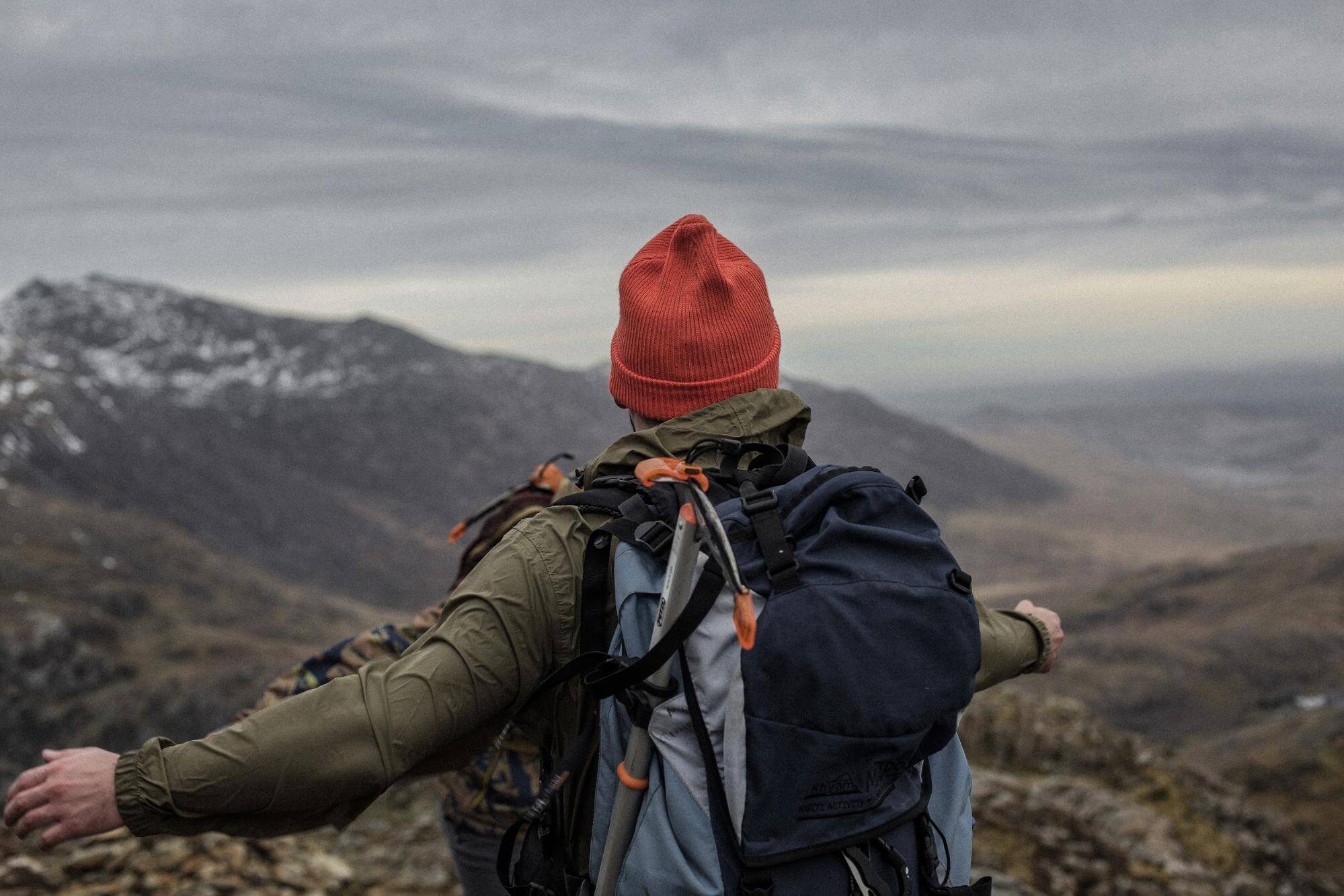
Endurance is what we need in the mountains. Endurance! Not fast and easy to get energy from sugar-containing or artificially made products like energy drinks, high in starch and corn syrups, white protein powder energy bars etc. Does it give endurance? No, rather fake “energy” idea. “Going natural” is the idea number one for your body to get long-term energy.
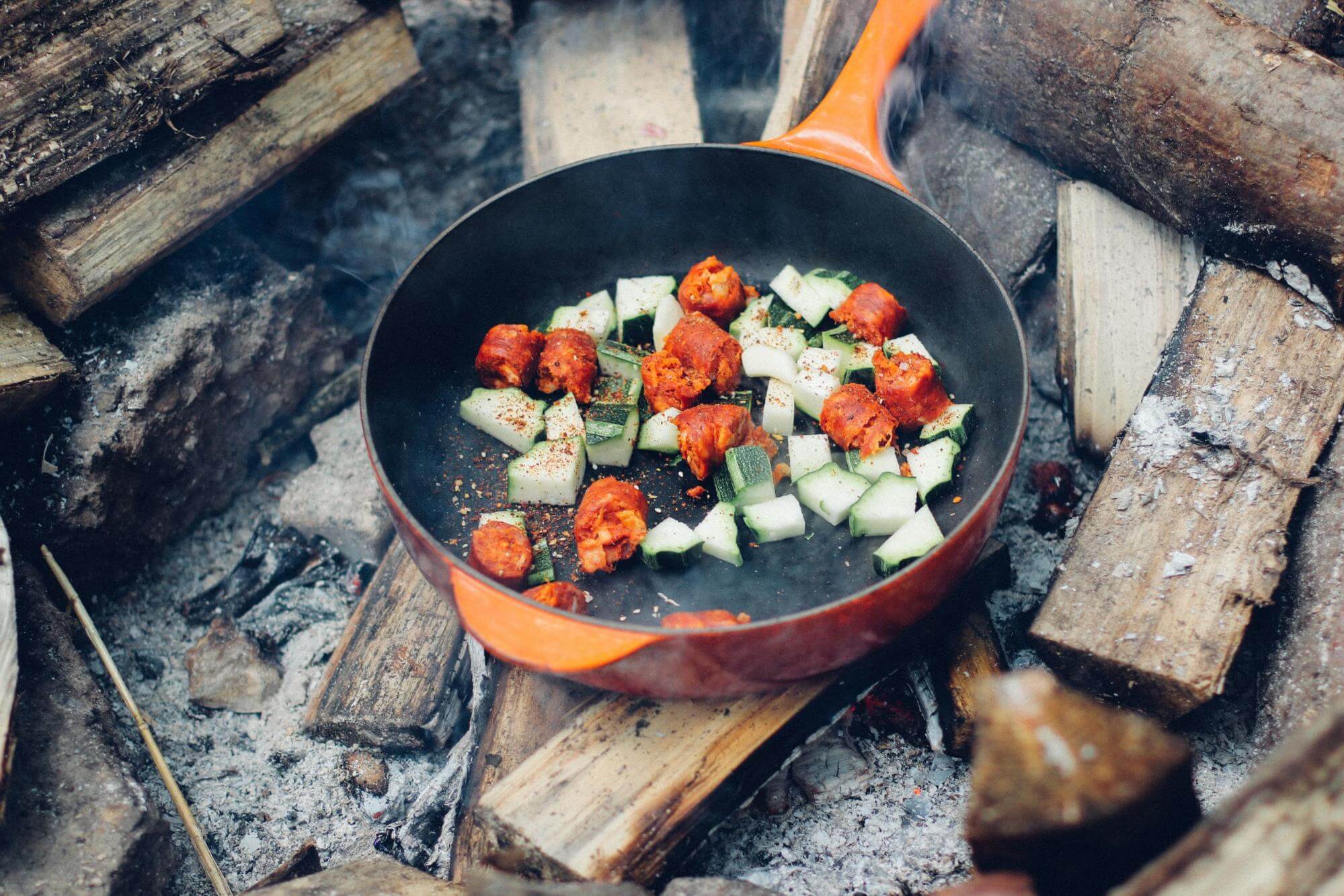
Number two is a good combination of fats, proteins, and carbs. I know lots of people actually thinking that no matter what you eat in the mountains, it is okay since you burn a lot of calories. Another theory is that exercising the muscles intensely requires a high protein diet. Both are wrong for the long run. First of all, because we always need care and balance. Everywhere. “To eat whatever” is doubly wrong because doing this way puts double stress upon the body at a time, when double care should be taken.
Again, all those ideas of high protein or high carbs diet seem to be weird to me. Some mountaineers eat lots of carbs to get grounded, some more protein etc. My experience shows that any nutritious food that has more complex protein and therefore stays longer in the body is great. Yet balance is the best choice because our body needs it all – fat, carbs and proteins in a good balance.
Number three is to choose things with high nutritive value. Food that has more vitamins and minerals to nourish your body… Natural superfoods like spirulina, bee pollen, shilajit, makka powder etc. would be a good option. They will give you instant energy, are organic and light in terms of calories and weight. Also you can use dehydrated food, seeds, dry berries and nuts, good quality raw honey that has a great warming and nourishing effect.
You can make easy to digest snacks like granola bars (just mix: dry fruits (I use dates), cacao nibs, nuts, oats, chia or flax seeds and honey- compress and slightly dehydrate).
If you are on a hiking trip and cooking for yourself you can choose grains like quinoa, amaranth since they are rich in vitamins, fiber and protein. Most kinds of lentils are good source of protein and could be a good addition to the evening soups. It is worth paying a bit of attention to unsaturated fat as well because it facilitates the absorption of carbs.
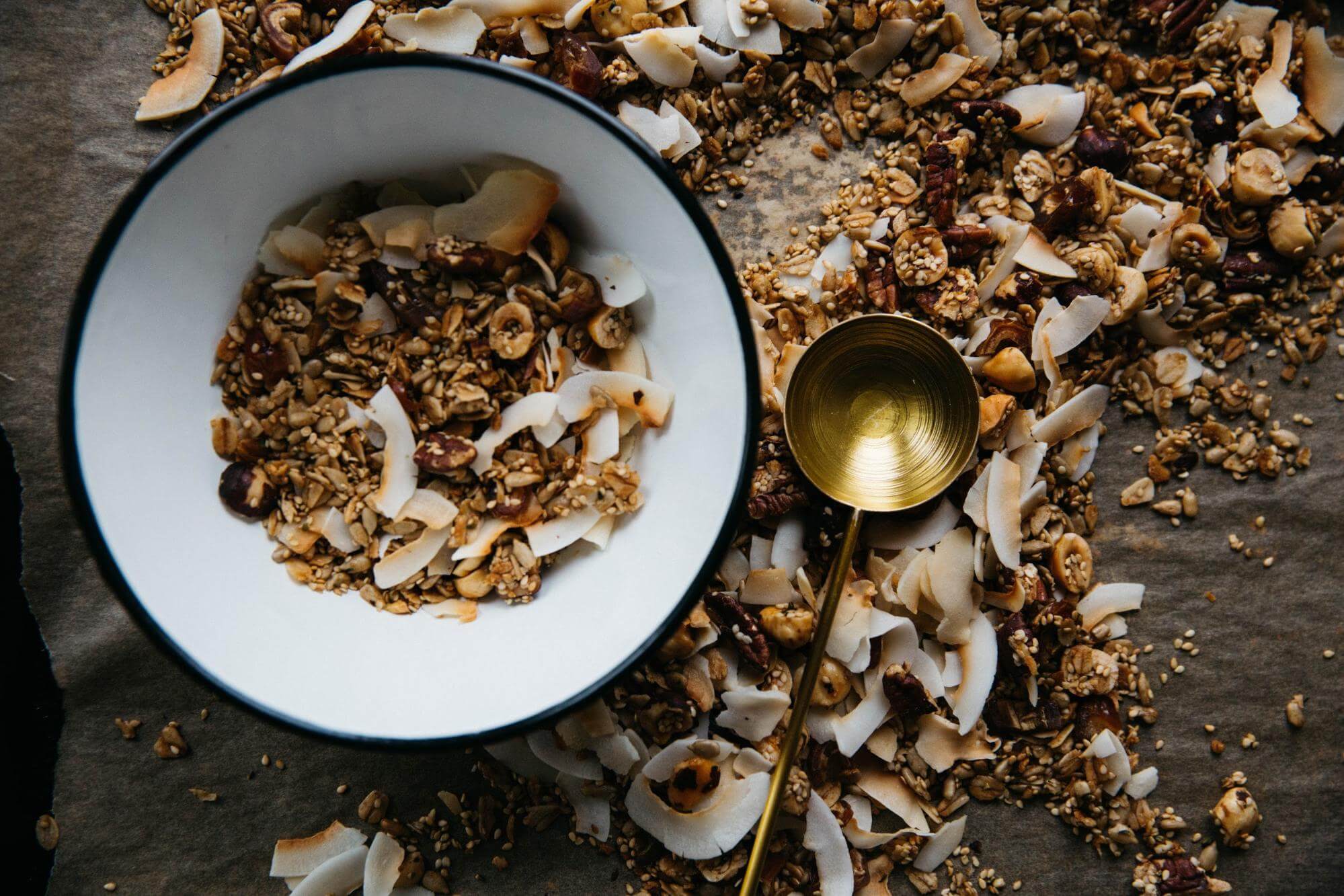
If your tour route includes high altitude area then you should take a special care of yourself. Drinking lots of water will help your cardiovascular system and natural fructose will help all your inner fluids move through the body.
Some of you could be having digestive problems when high up in the mountains. Be creative and attentive. Dry fruits are usually the best solution. Fatty or even good in protein balanced foods don’t work in high altitudes for me personally. All you need to acclimatize is to be hydrated and get enough energy from daily meals. Warm drinks and soups in the evenings will help to orient and relax. Some eat more carbs during the first few days at the higher altitude to get extra grounding, see for yourself what works for you. Be flexible and check your inner signals.
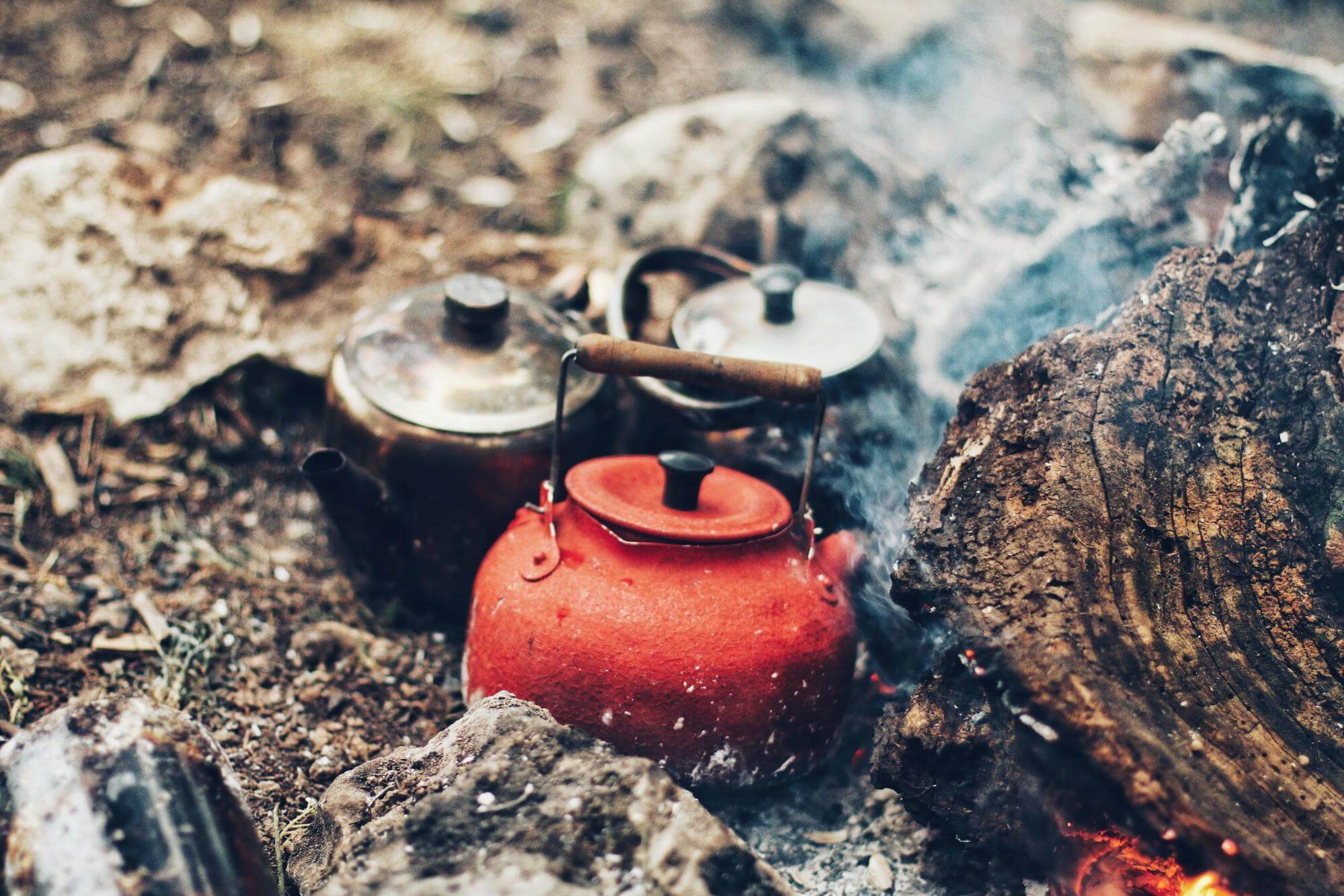
For climbers it is good to refuel with carbs and protein right after a climbing (within 30-45 min). Is a great way to make sure that your body is soaking up what it needs to rebuild and recover for another day.
Usually on any mountain trip I recommend to avoid heavy foods like cheese, creams, meat etc. Your body has enough to do at nights to harmonize and adjust, instead of focusing on digestive problems.
Avoid salty, spicy especially GMO foods like chips, salted nuts etc. it can block your body fluids circulation and cause a headache and dehydration.
Avoid coffee and strong teas for the same reason.
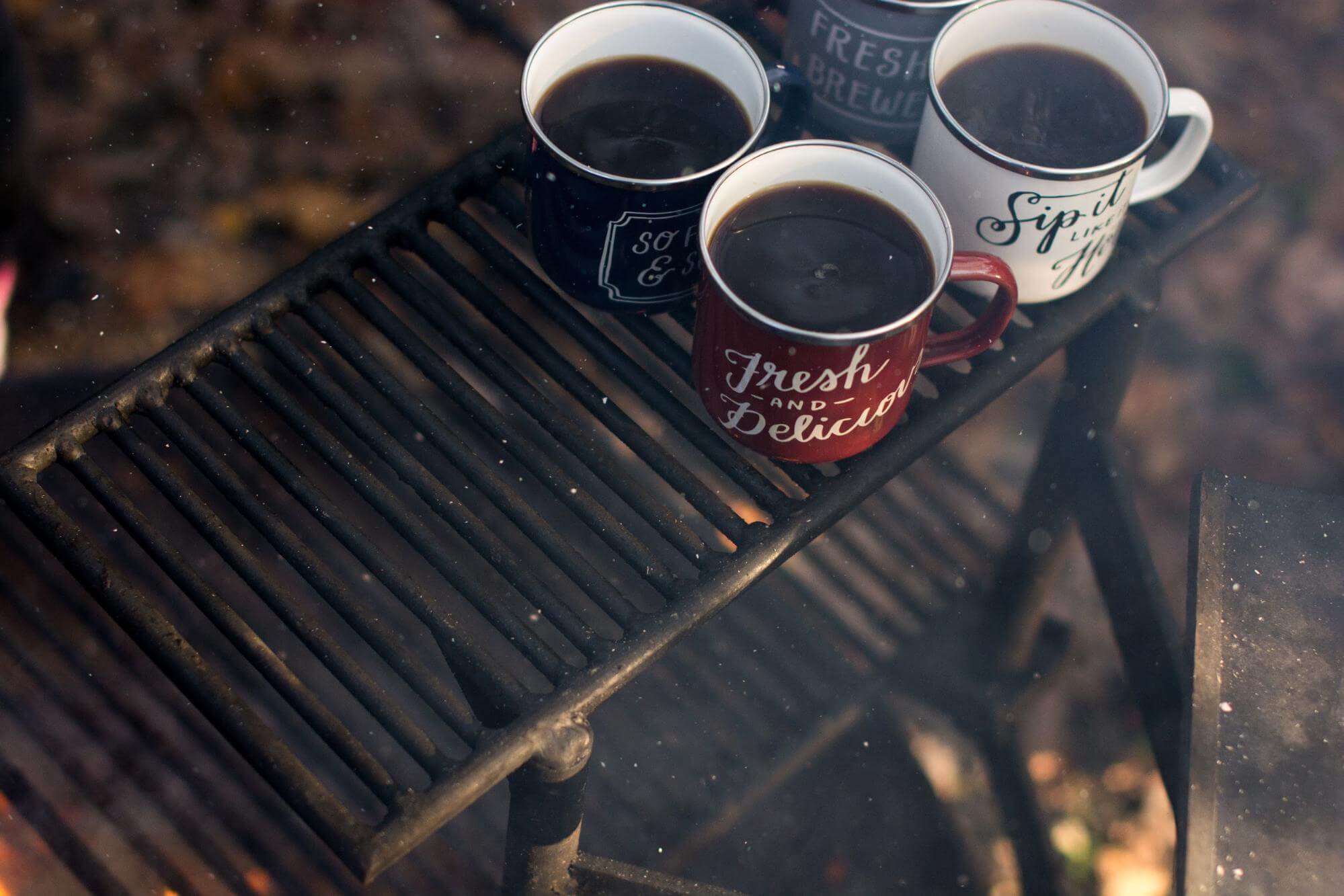
Avoid white sugar and all sugar containing products – it may cause spikes in your blood sugar level, inducing unnecessary stress on your heart and the whole system.
Most sportsmen, as well as mountaineers, are into isotonic drinks, which in fact are unnatural and might ruin organic flow within your body. Yet is still crucial to have enough electrolytes if you are losing lots of water through sweating in the mountains. The solution here is simple – eat foods high in electrolytes. For instance, high potassium fruits, namely: banana, dates, raisins, coconut, and avocado. Vegetable sources include spinach, beans, lentils, and potato.
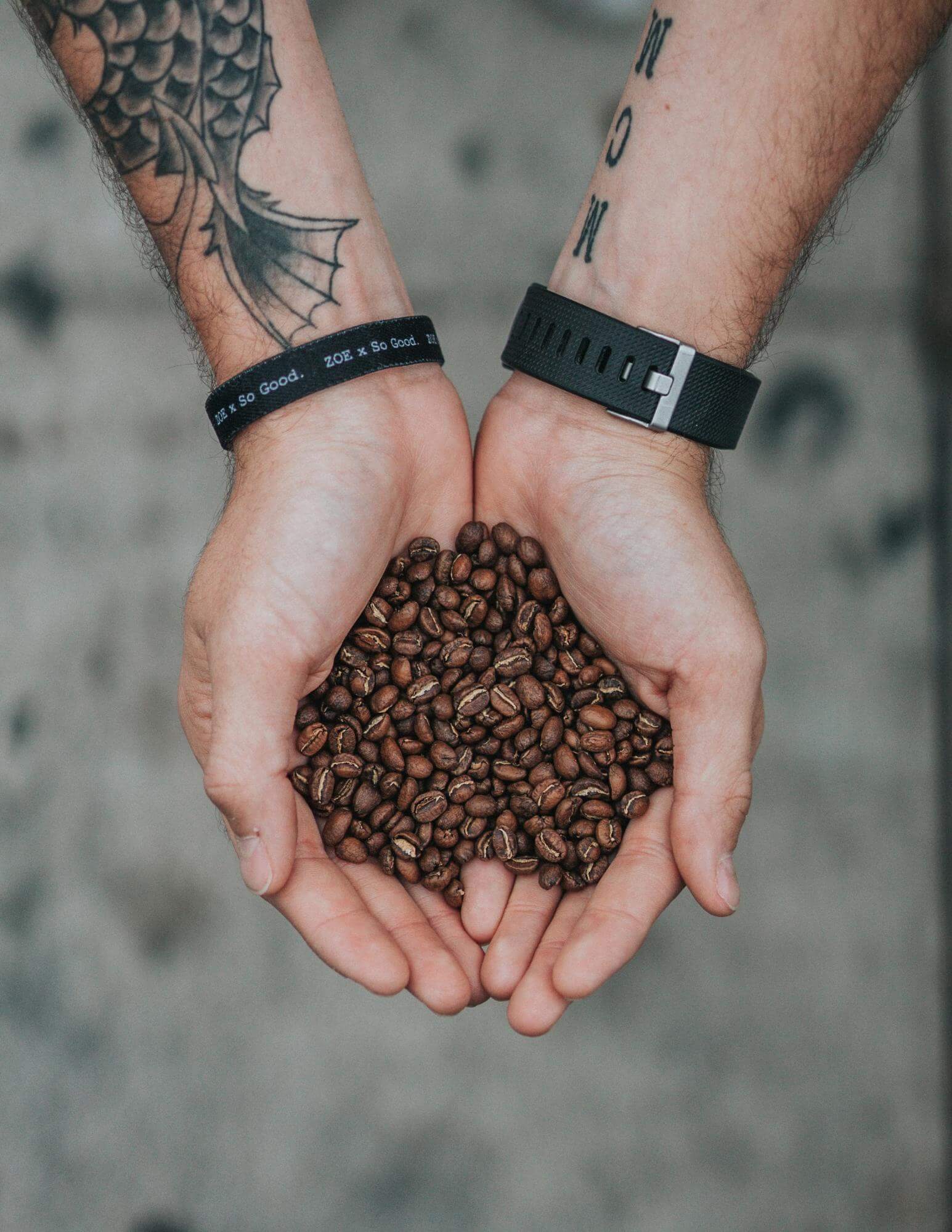
Just one last thing – your energy system (cardiovascular and metabolic systems especially) is working on so-called Prana energy, which is your internal battery. We feed our prana transforming external environmental energies like those of sun, good air, energy from the power places into that magic invisible power that supports everything in us. In order to transform it well, you have to be pure: you have to think positive, you have to share our light with the world. And let me tell you a secret – acting like that, you will need 3-4 times less food if any. You will need 3-4 times less time for sleep having the same level of energy and work performance.
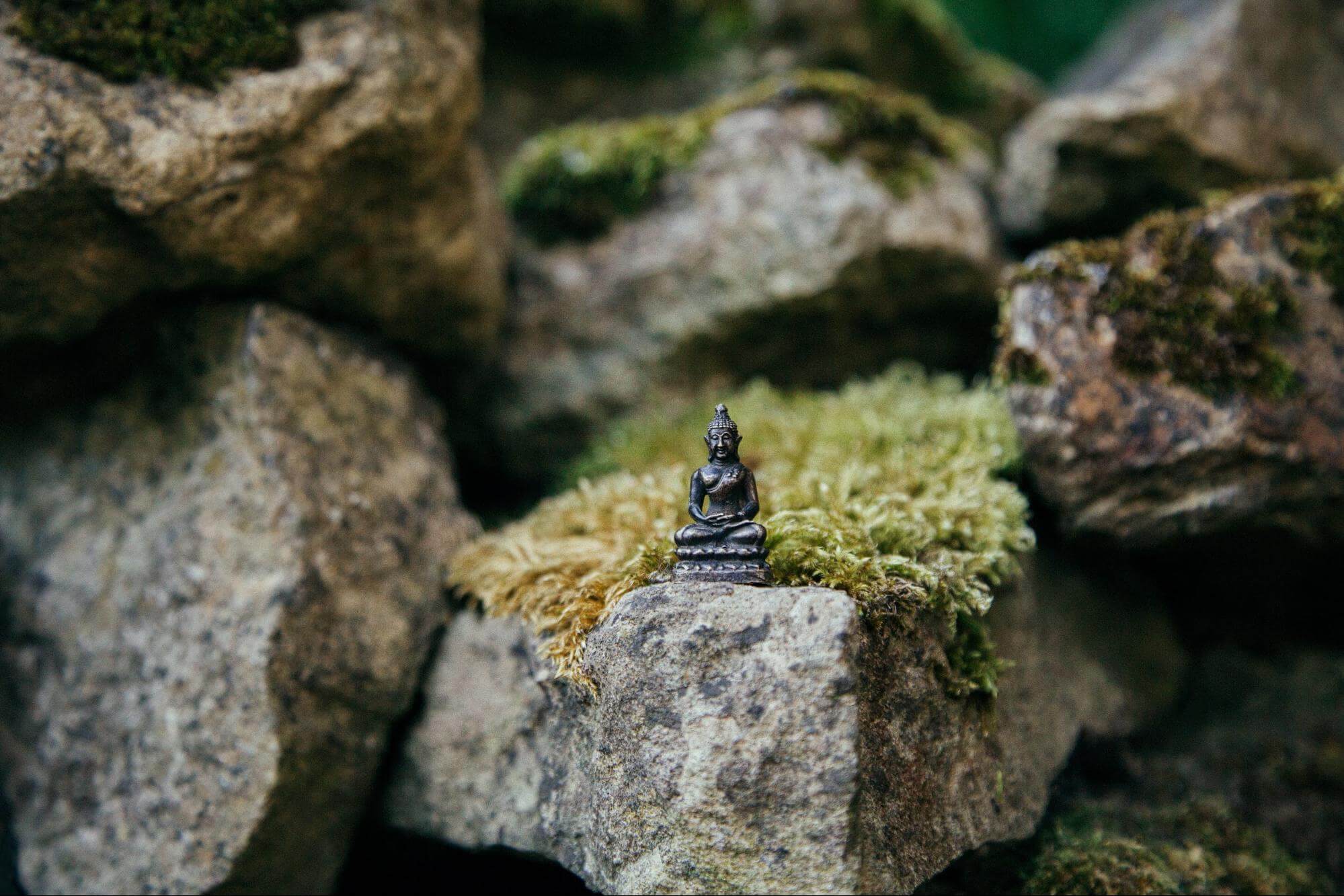
It could be one of our goals – to accumulate more of that goodness, that Prana, high-end energy, inner shining. It all starts from balanced, organic food; healthy lifestyle, closer contact with nature; being kind and honest to yourself and others; having a good company and developing your own inner endurance. Feel yourself, your body, your power, your needs, and capacities. Everything else will take care of itself…
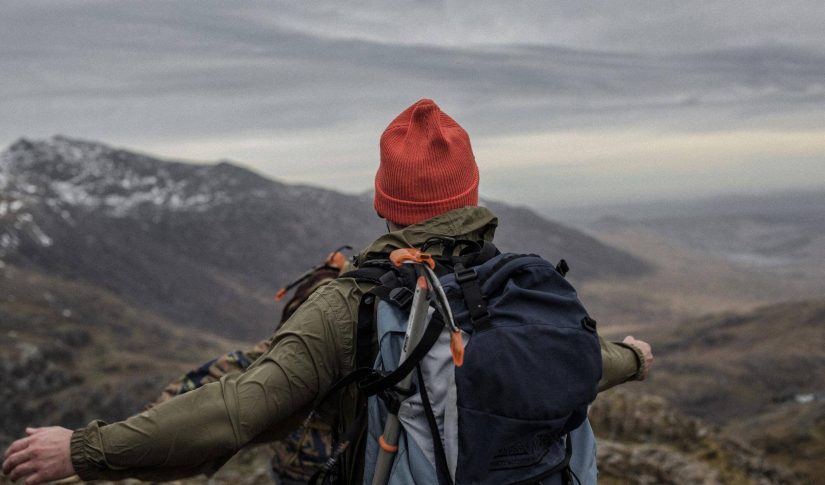
Leave reply